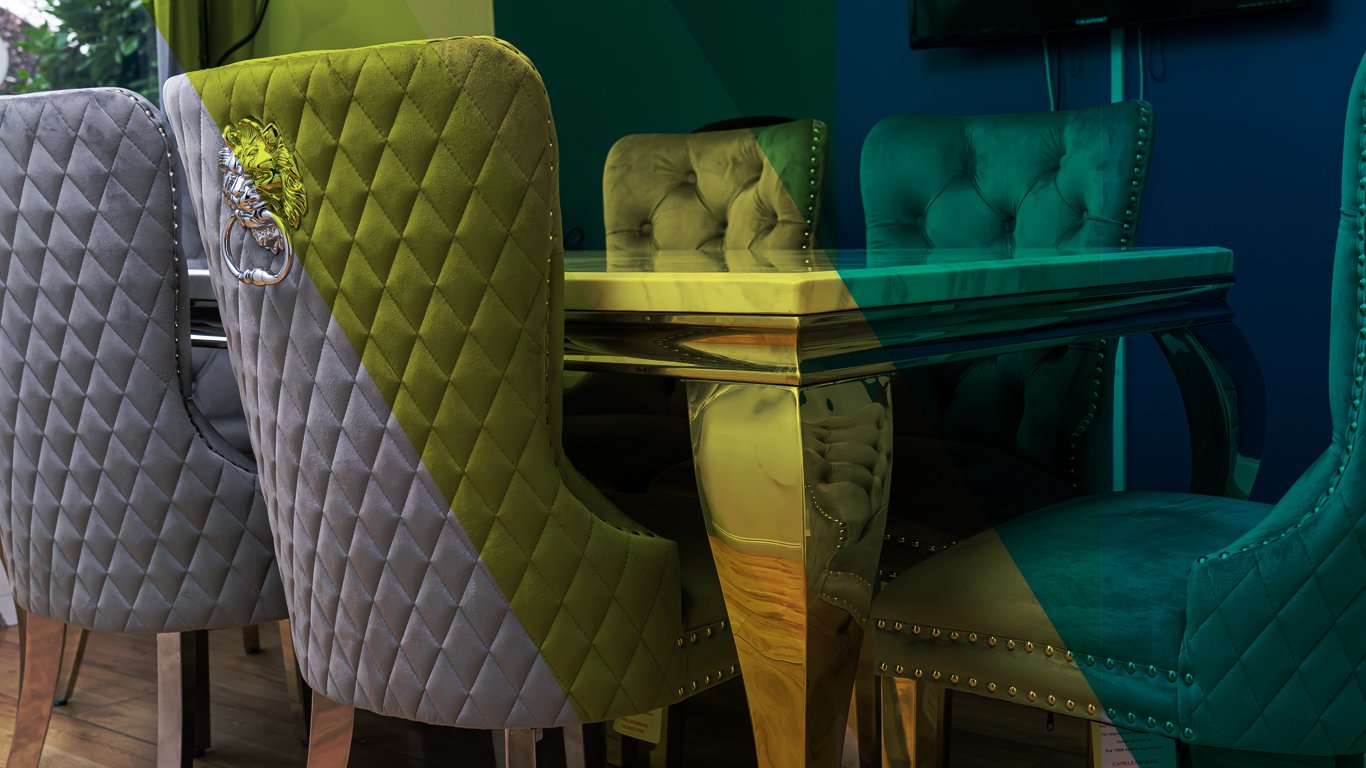
About Us
We have an established and well utilised program in use to care for our young residents and approach methodology.
We call It PRIME

our model
Our psychosocial model is centered on the belief that the children in our care need a deliberate and relational environment to thrive. We use the PRIME framework, which combines psychological assessments, regular outcome measurements, and individualized care-planning targets, all within a multi-disciplinary approach. This helps us to track and monitor each child’s mental health and stability while providing them with tailored interventions designed to support long-term healing
PRIME: The five components of the PRIME model are:
(P)sychological assessment
(R)egular outcome measurement
(I)ndividualised care-planning target
(M)ulti-faceted formulations
(E)vidence-based interventions
Facilitating PRIME:
The child journey starts with their historical background, great care is taken to fact find about the child and their journey.
This involves:
Delving into the child care plans
Speaking to any care professionals
Discovering + engaged in their background
The next step is to complete a BERRI form designed to isolate any;
Potential risks
Causes for harm
Behavioural understanding
Emotional wellbeing
This form also aims to highlight any indicators of neurodevelopmental problems. The form highlights the challenges presented with behavioural issues and any causes for concern.
The idea is to isolate based on frequency and difficulty to come to a conclusive plan of action on how best to deal with it.
BERRI
Our BERRI system allows us to visualise the profile of needs as a spider plot and can help us to track change through the use of graphs that are updated over time, as well as to compare a child’s progression to the rest of their cohort.
The collation of this information allows us to identify what needs are being currently met and what gaps need to be bridged and actioned required. Plans and goals are set out and discussed with various agencies and support workers to reach the best outcome for the child and to meet their specific needs.
A 3-month plan is established with clear benchmarks to monitor and measure against for the best outcomes. We can evidence from all of this data whether therapeutic intervention is required and if so, what kind is best for that young person and who it will be carried out by.
The home team create a bespoke care plan for the child aimed to holistically develop the child’s needs and allow for a fully collaborative approach.
Using the BERRI tracking system, we monitor and measure against the initial parameters and goal setting in the initial stages. Regular meetings to discuss and measure the progress are set up with psychological specialists and uplifts are actioned if required.
We also have in place if necessary psychological screening carried out with the child. These are typically carried out by both;
Clinical Psychologist
Assistant Psychologist
The assessments typically include:
Cognitive assessment (IQ test)
Questionnaires about the
Child’s self-esteem
Mood
Life skills
This has been put into place to allow us to quickly highlight the challenge any given child may face in their residency.
This may be in the form of:
Behavioural
Cognitive
Neurodevelopmental issue
An action to support would be put into plan for them.

“It is my aim to provide education on life choices in order for young people to be equipped with the tools to make positive personal choices about their lives”
Paul Carr

